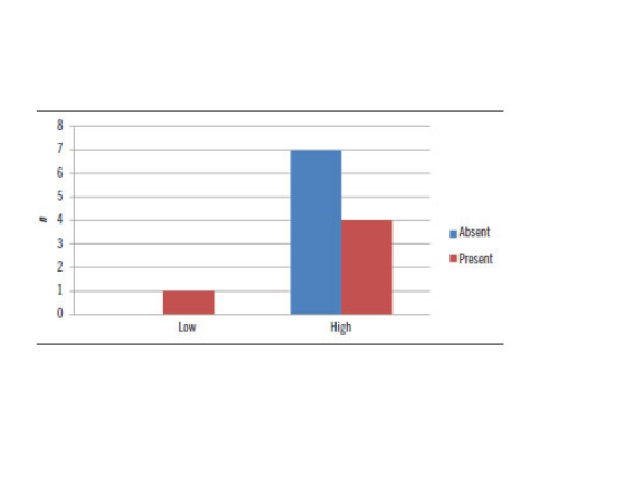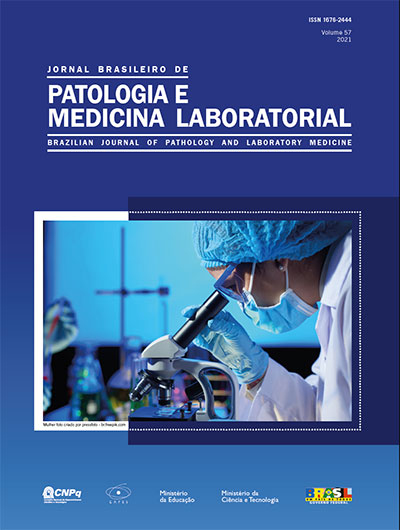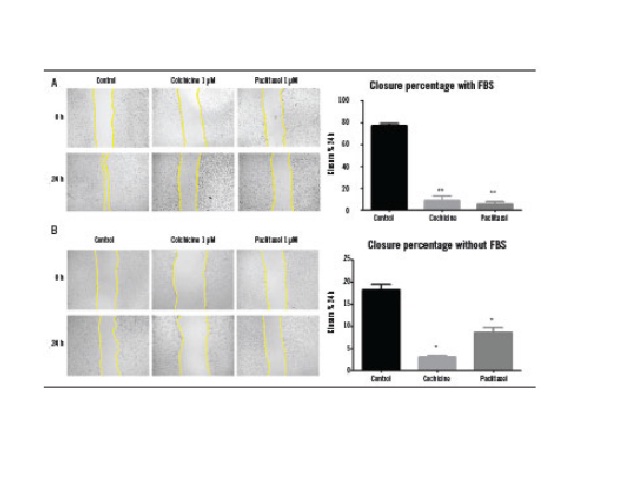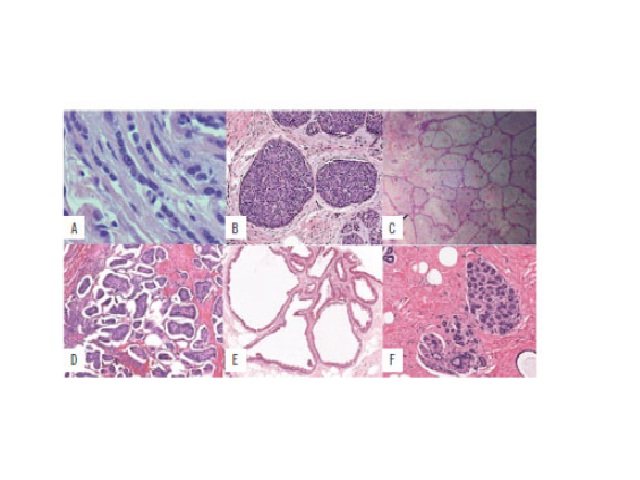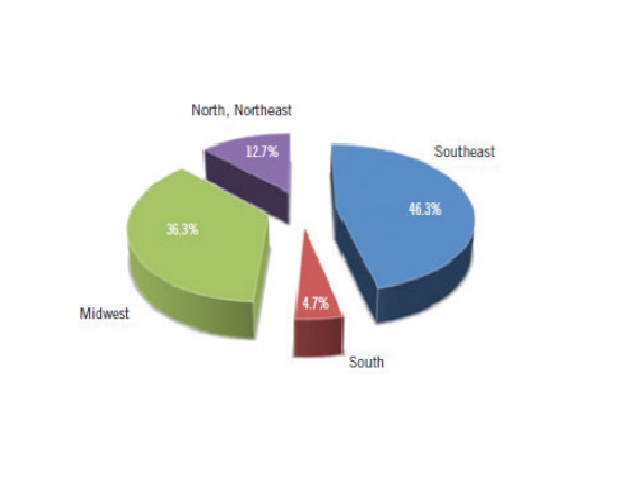Prevalence of inversions in introns 1 and 22 of the factor VIII gene and inhibitors in patients from southern Brazil
Maria Cristina S. M. Corrêa; Euripides Ferreira; Marcelo T. A. Veiga; Eliane Bandinelli; Clévia RossetJ. Bras. Patol. Med. Lab. 2019;55(6):598-605DOI: 10.5935/1676-2444.20190053 ABSTRACT OBJECTIVES: The development of antibodies (inhibitors) against exogenous factors is the main complication in the treatment of hemophilia. Both genetic and non-genetic factors are related to inhibitor development. Among the genetic factors, the type […]

